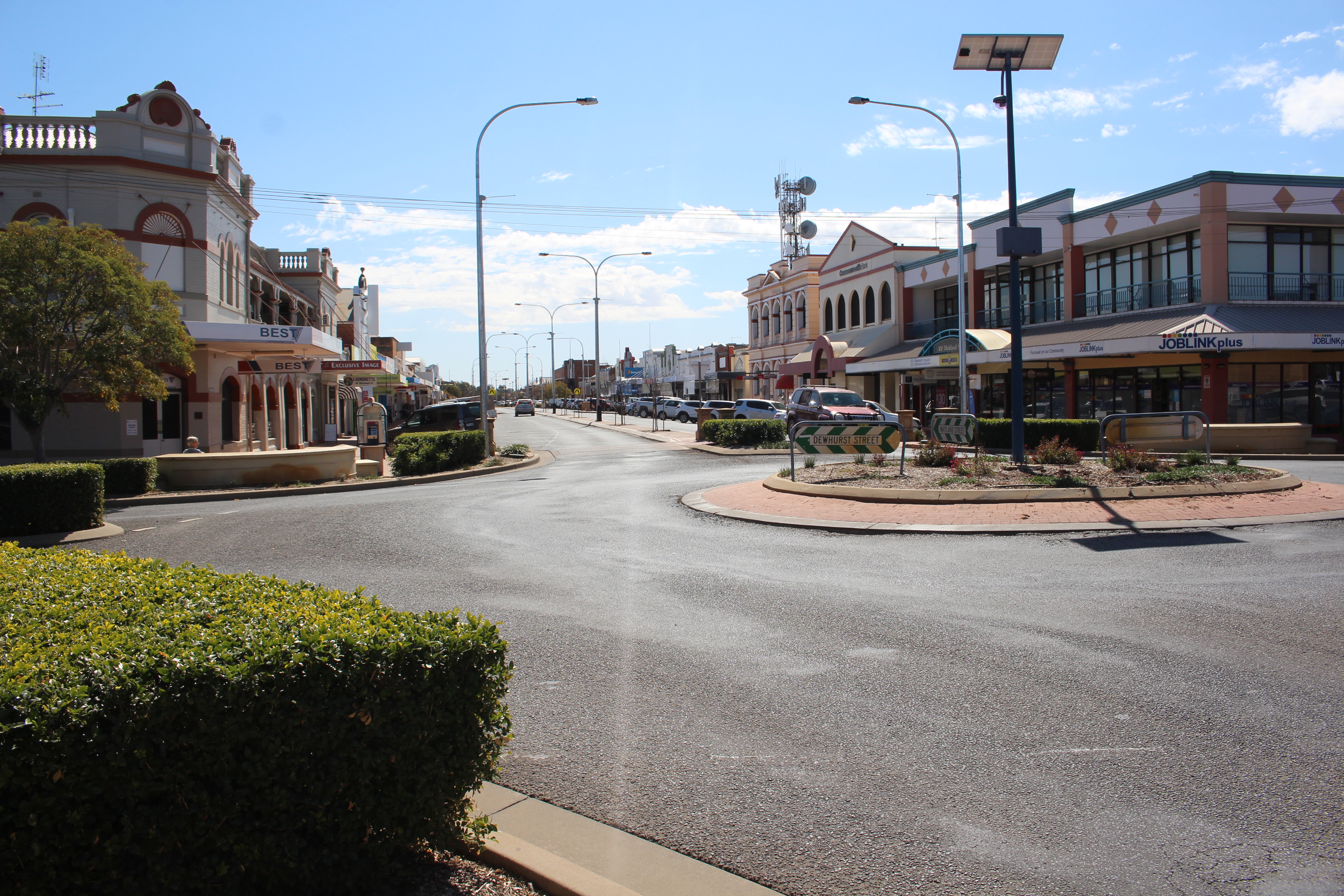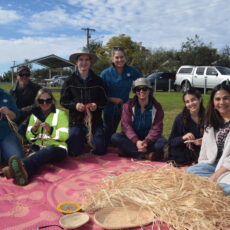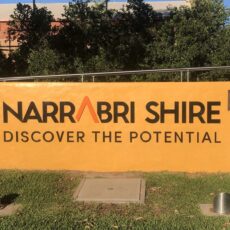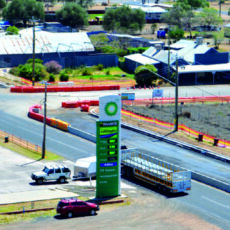The Department of Planning’s final assessment of the proposed Narrabri Gas Project recommends that the ‘project is approvable, with conditions.’
Below, some brief excerpts from the Department’s assessment. Interested community members are urged to read the complete document on the IPC website under Narrabri Gas Project
The assessment outlines that ‘the Department has consulted widely with the community, special interest groups, and government agencies.’
“During this consultation, the Department has gained a better understanding of the key issues and the community’s concerns about the project which has informed its detailed assessment of the merits of the project.”
The assessment carries a ‘comprehensive suite’ of condititons to ensure the proponent, Santos, ‘avoids or minimises water impacts of the project.’
The assessment includes about 50 pages covering condittions which will apply to the project.
“These conditions are required to: prevent, minimise and/or offset adverse environmental impacts, set standards and performance measures for acceptable environmental performance, require regular monitoring and reporting on the development and provide for the ongoing environmental management of the development,” the assessment said.
However, the assessment notes ‘with all the conditions and safeguards and measures in place, the Department has concluded that the project is unlikely to result in any adverse impacts on the region’s groundwater resources.’
The assessment notes that ‘the project area was expressly zoned for forestry, recreation and mineral exploration.’
“Based on its conservative assessment, Santos estimates that around 1000 ha of native vegetation would be cleared across the 95,000 ha site. However, actual clearing rates are expected to be much lower (250-360 ha) depending on the final layout of the gas field and are likely to be no greater than 70 percent of the worst case scenario,” the Department assessment said.
The assessment responds to the range of energy, environmental and water issues raised by the project.
“Submissions about the greenhouse gas emissions of the Narrabri Gas Project were as much about the ongoing use of fossil fuels and gas in Australia as they were about the project,” the assessment said.
“In relative terms, the emissions of the project are expected to be low.”
“Due to significant community concerns about land and water impacts, the Department established an Independent Water Expert Panel.
“The panel was chaired by Professor Peter Cook (geologist) from Melbourne University, and comprised Professor John Carter (geotechnical engineer) Professor Chris Fell (chemical engineer) and Michael Williams (hydrogeologist.)
“In its detailed investigation the Water Expert Panel did not identify any land or water issues that were likely to result in significant impacts on people or the environment or that could not be managed to ensure all applicable government standards or codes are met.”
“While the WEP identified some uncertainties, principally due to the lack of detailed information about the deeper geological substrata, it concluded these uncertainties ‘could be addressed through ongoing monitoring, adaptive management and a robust regulatory regime that is rigorously and effectively enforced.’
“During its detailed assessment, the Department has found it difficult to reconcile the significant community concerns about the Narrabri Gas Project with the technical advice from experts that the risk of any significant impacts occurring is generally low and can be controlled using standard engineering practice and imposing strict conditions on Santos.”
The NSW Department of Planning’s final assessment conclusion, below:
The Narrabri Gas Project is critical for energy security and reliability in NSW as it would deliver up to 200 TJ of gas a day to the domestic gas market for a period of at least 20 years, addressing any forecast shortfalls in gas supply from 2024 and putting downward pressure on gas prices.
It would also deliver significant economic benefits for NSW and the local community, including attracting $3.5 billion of capital investment to the region, creating up to 1,300 jobs during construction and 200 jobs during operations, and sharing the benefits of the project with the local community by contributing up to $120 million to a Community Benefit Fund for community projects.
Following extensive consultation and investigations, the Department has completed its detailed assessment of the merits of the project.
Based on this assessment, the Department has concluded that the project would not adversely affect the region’s valuable groundwater resources; that the project can be designed to avoid and/or minimise impacts, including reducing the predicted footprint by as much as 30 per cent; and that any residual impacts can be reduced to an acceptable level through effective community engagement, compliance with strict conditions and prompt action to address any problems.
Consequently, the project is unlikely to result in any significant impacts on the local community or the environment.
On balance, the Department has concluded that the project is in the public interest and is approvable subject to strict conditions.”
IPC invites public submissions
A NSW Independent Planning Commission public hearing into the Narrabri Gas Project will be held from Monday, July 20 to Friday July 24.
Independent Planning Com-missioners, chair, Steve O’Connor, John Hann and Professor Snow Barlow have been appointed to determine the State Significant Development.
Because of COVID-19 restrictions, the public hearing will be held electronically.
People can participate by video-conference, telephone or by attending a local studio, hosted by the Commission in Narrabri, where they can present to the panel via the Commission’s video link.
“If you wish to apply to speak at the electronic Public Hearing, you must complete an expression of interest form,” the IPC advises.
“Speaker registrations will open soon.”
People who want to speak at the hearing need to lodge their ‘expression of interest’ form by 5pm on July 10.
People registered to speak will receive technical information closer to the hearing date, the IPC advises.
Written comments will be accepted for a week after the hearing.
The community has been urged to participate in the hearing.
The full assessment report from the Department of Planning is on the IPC website.
To order photos from this page click here










